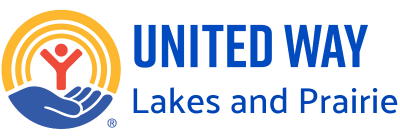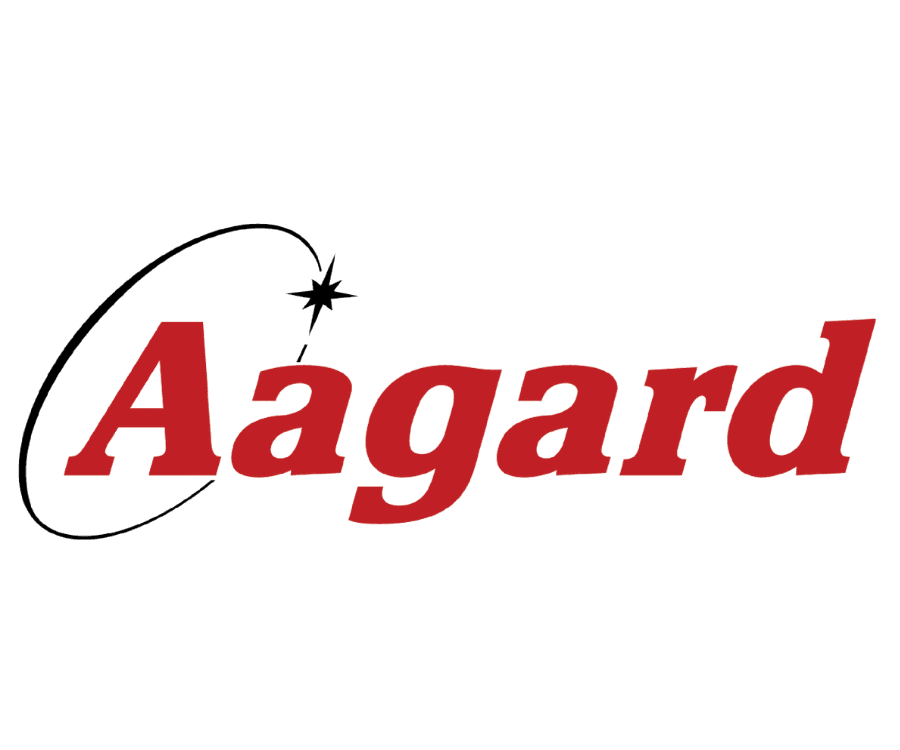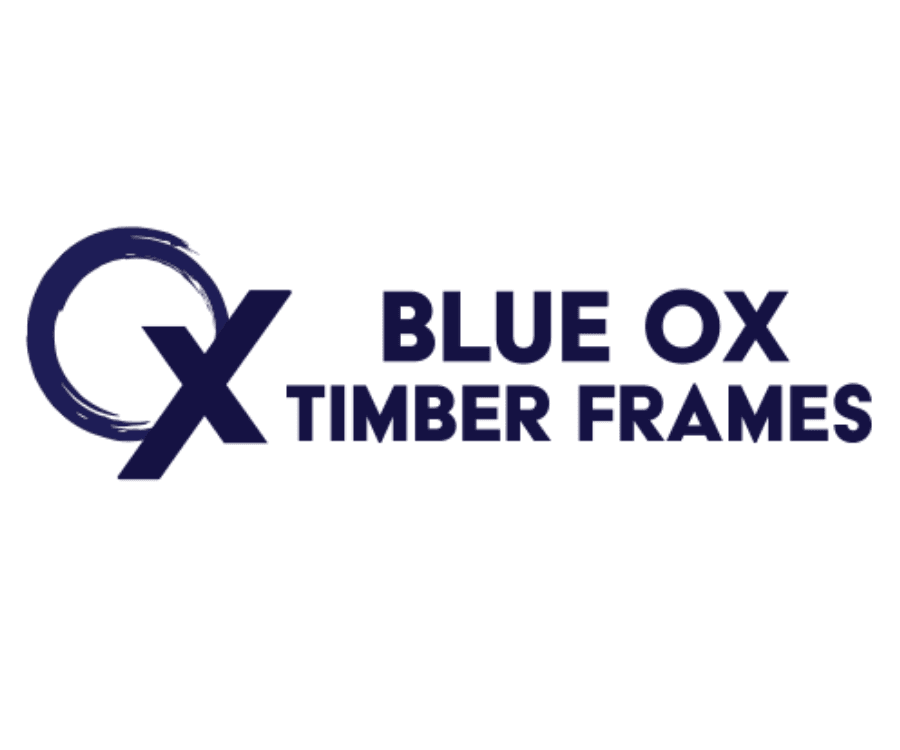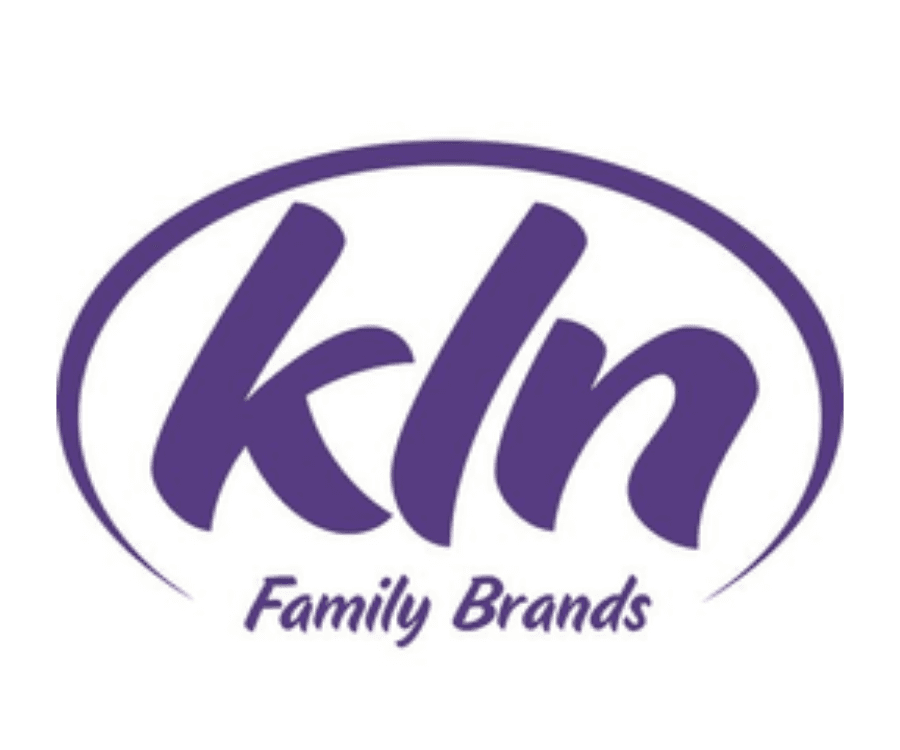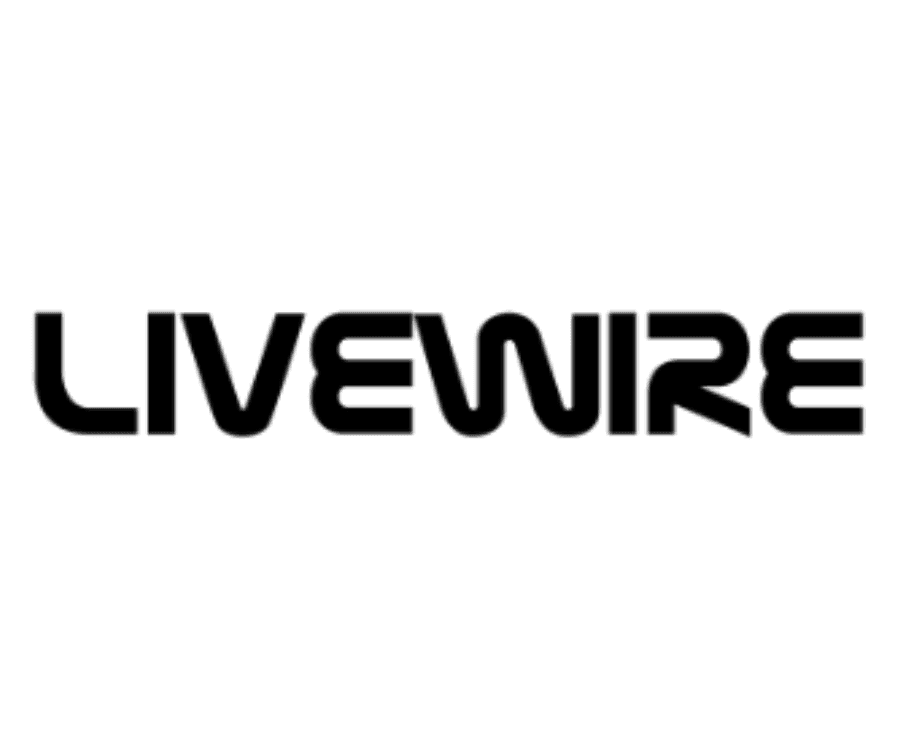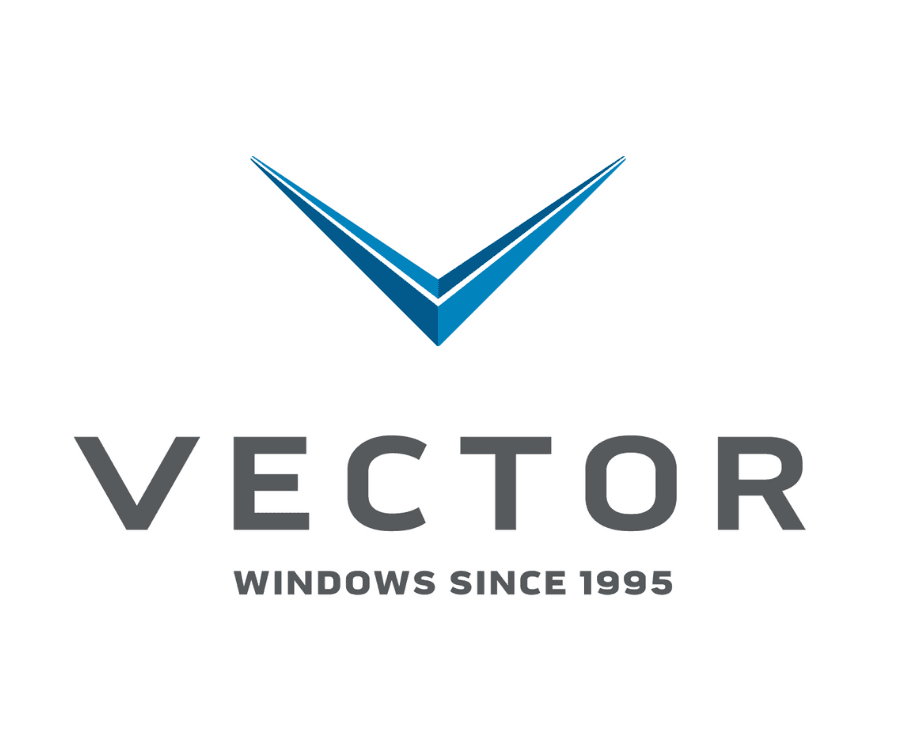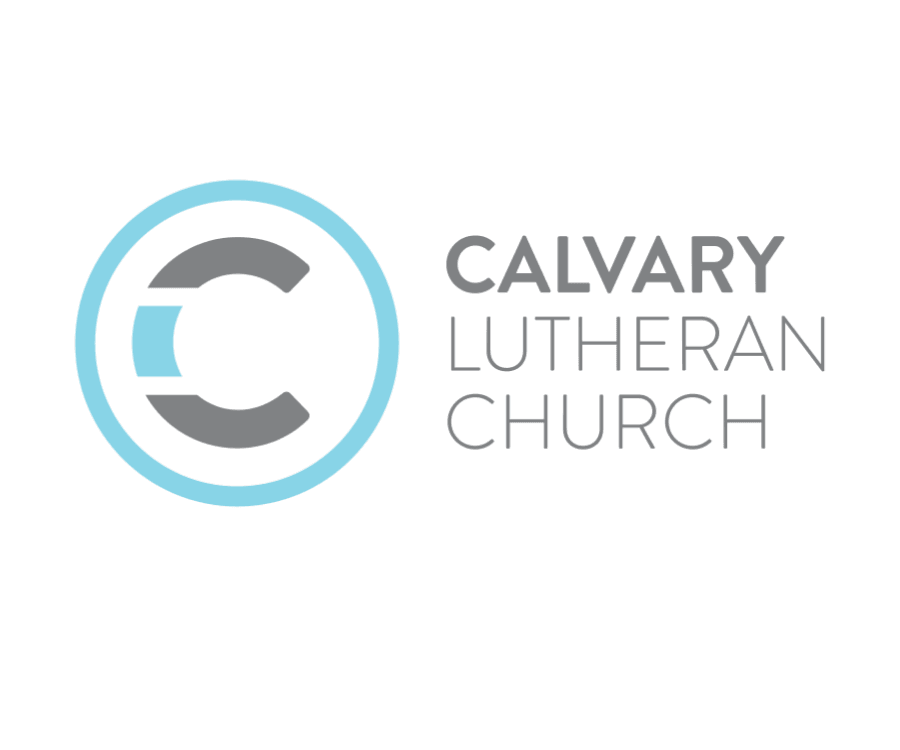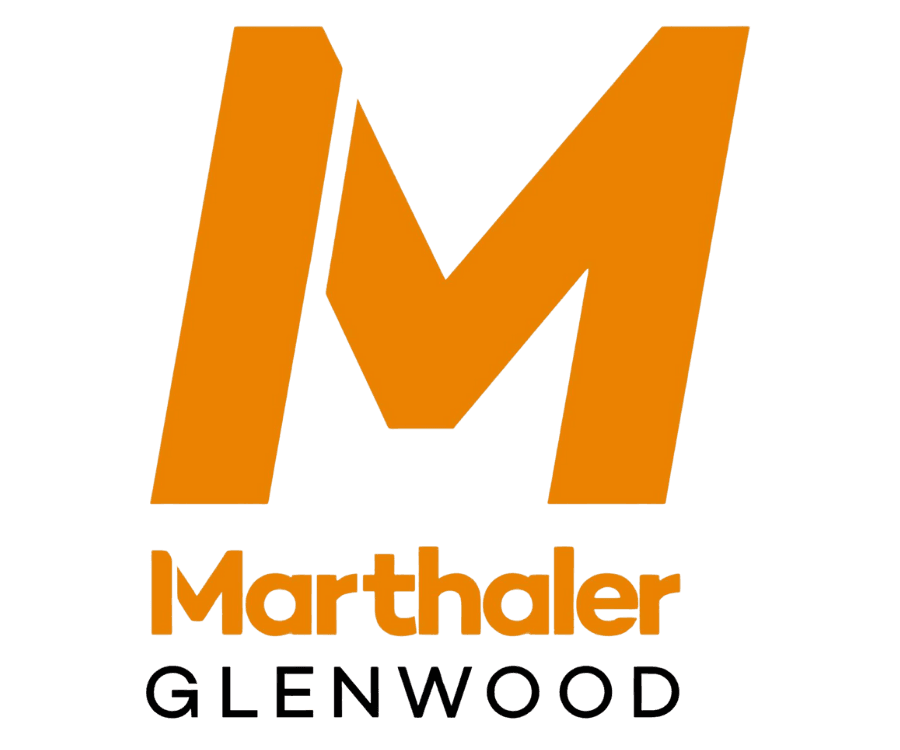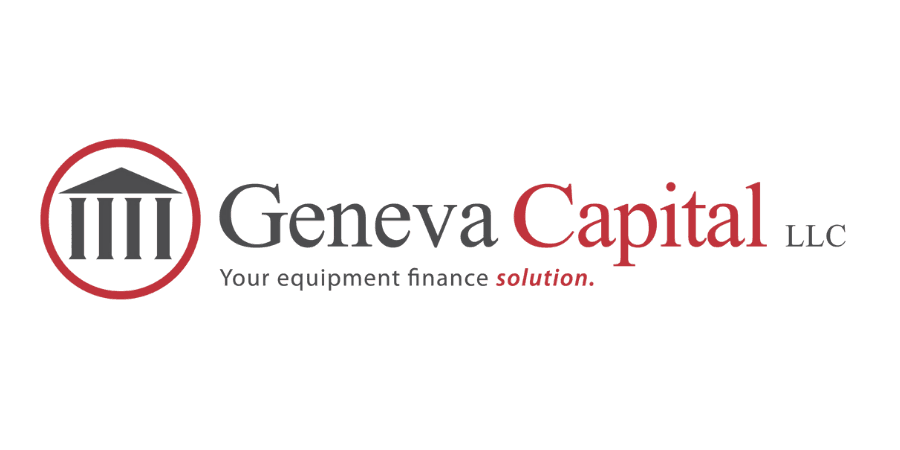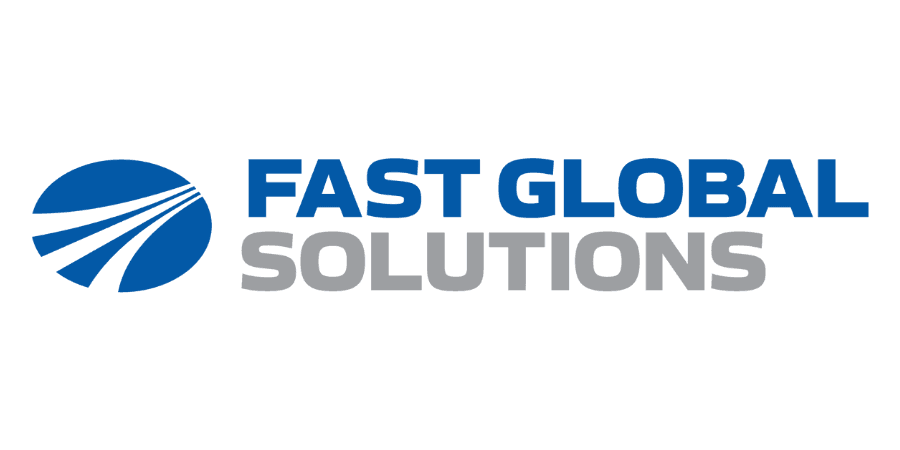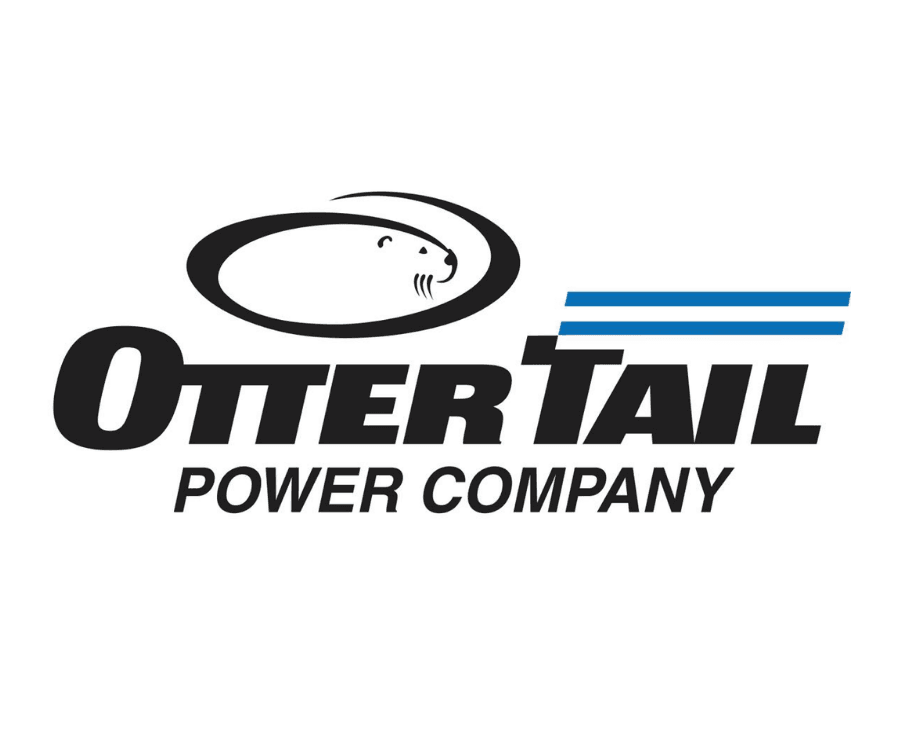Who is ALICE
ALICE is an acronym created by United Way in 2009. Our ALICE program is focused on understanding those in our communities who are Asset Limited, Income Constrained, Employed — families who earn above the poverty line but still can not cover living essentials.
ALICE households earn more than the Federal Poverty Level but less than what is required to meet the ALICE Household Survival Budget: housing, child care, food, transportation, health care, technology, taxes, and a small buffer for emergencies.
In 2023, about 25% of MN households are ALICE. Combined with those under the poverty line (~9%), roughly 34-35% of households are below the ALICE Threshold.
Cost of Basics
• A single adult needs ~$28,584/year to cover life's essentials in MN.
• A family of four (two adults, two children, with child care) needs $81,216.
What Struggles Do ALICE Households Face
- Constant trade-offs: rent vs food; child care vs medical care; safe transportation vs other bills.
- Wages rising or not rising enough: even with both parents working full-time in common low- and moderate-wage jobs, many families fall short of meeting the cost of basics.
- Disproportionate impacts: race, age, and geography matter. For example, Black, American Indian/Alaska Native, and Hispanic households are more likely to be below ALICE threshold than white households.
- Housing & rent burden: Many households spend more than 30% of their income just on housing. Utilities, child care, transportation, health care, and technology costs also add up.
What We Are Doing / What United Way is Doing in MN to Support ALICE Households
- Data & Awareness: Publishing reports (State of ALICE in Minnesota), county-level ALICE Maps, interactive tools so local United Ways, policymakers, and non-profits can see where hardship is greatest. Read the latest MN ALICE report here.
- Mobilizing Partners: United Ways in Minnesota are collaborating with research institutions, community organizations, and foundations to understand and respond to ALICE.
- Direct Services & Programs * Examples below - view all our Internal programs.
- Early Learning: Grants for preschool children so every child can start school ready to succeed.
- Food Security: Reducing food costs for families through our Food Drop program and Weekend Backpack Meals
- Child Literacy: Offering free summer learning through the Traveling Treehouse so kids have access to books, activities, and resources to keep learning all summer long.
Why This Matters to Our Community
- When ALICE households struggle, whole communities suffer: less school readiness, higher health costs, and less economic stability.
- Seeing and naming ALICE helps us design better policy and programs rather than assuming only poverty measures tell the story.
- Investing in ALICE is investing in our workforce, in child outcomes, in long-term community well-being.
Call to Action
- Give: Support programs that provide food, early learning, and literacy resources for ALICE families.
- Advocate: Use your voice to promote policies and community solutions that make housing, child care, and transportation more affordable.
- Volunteer: Share your time and skills to help with programs like Food Drop, Backpack Meals, or Traveling Treehouse.
